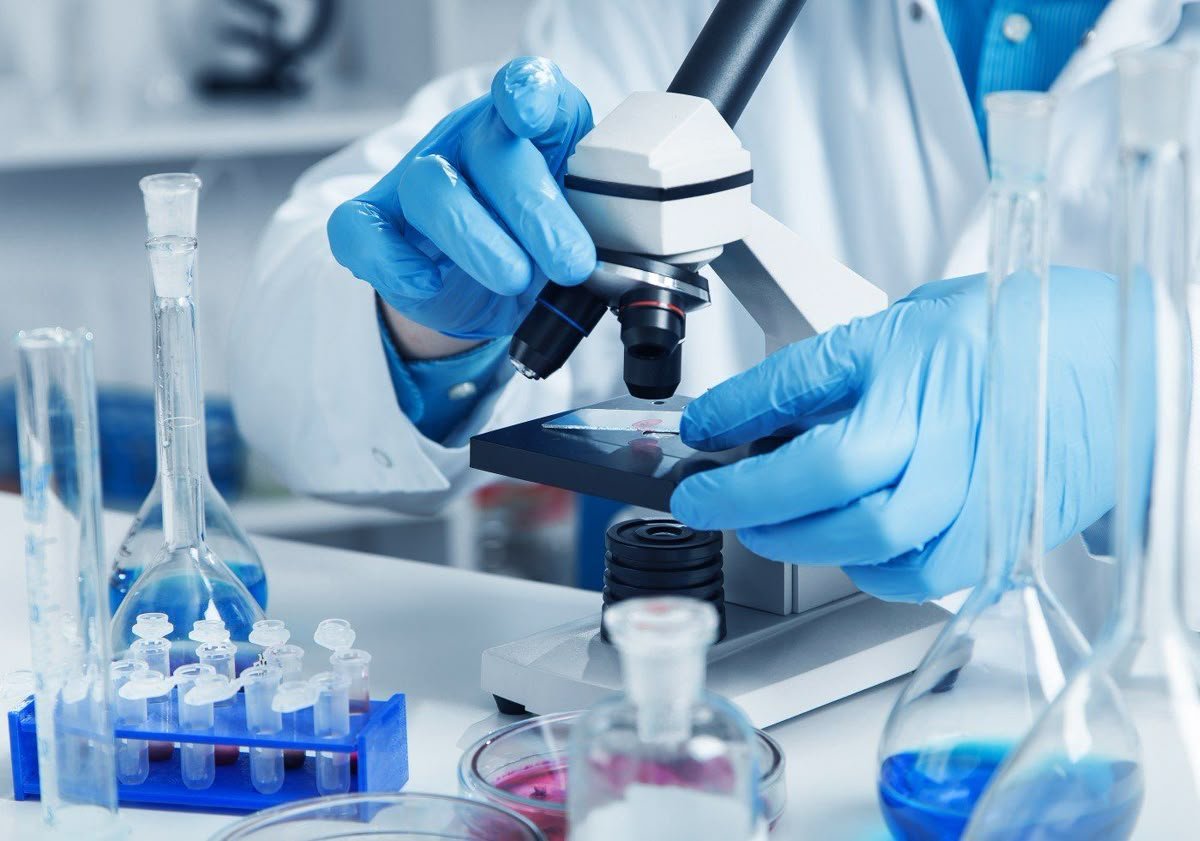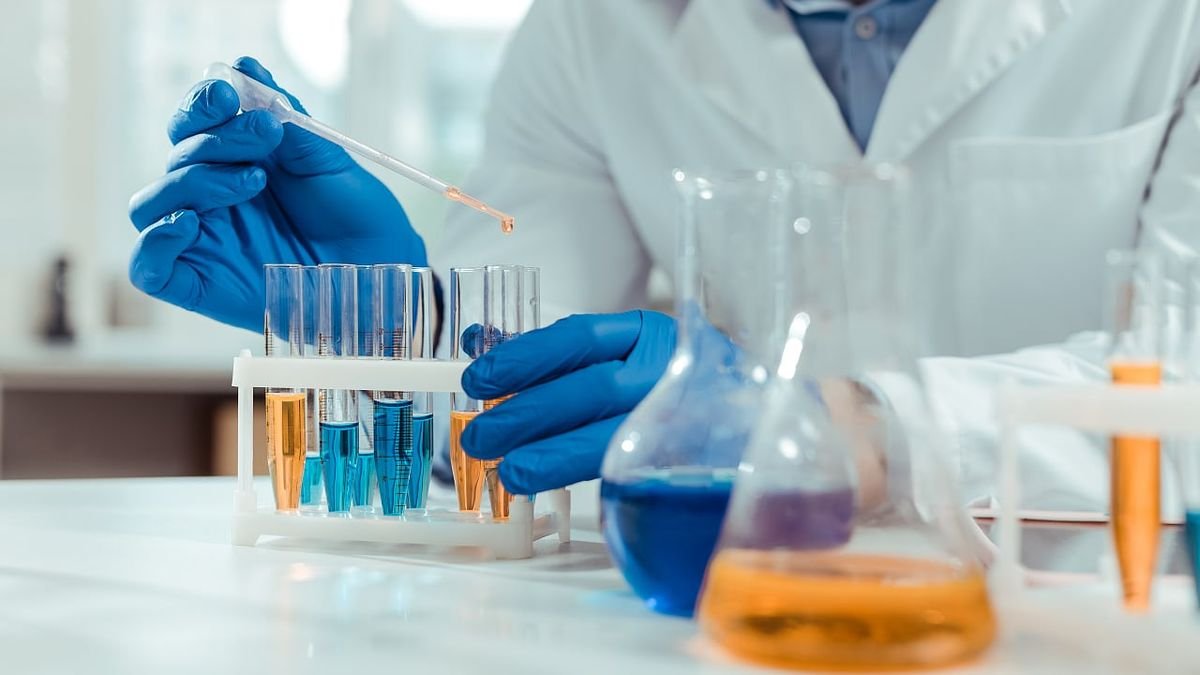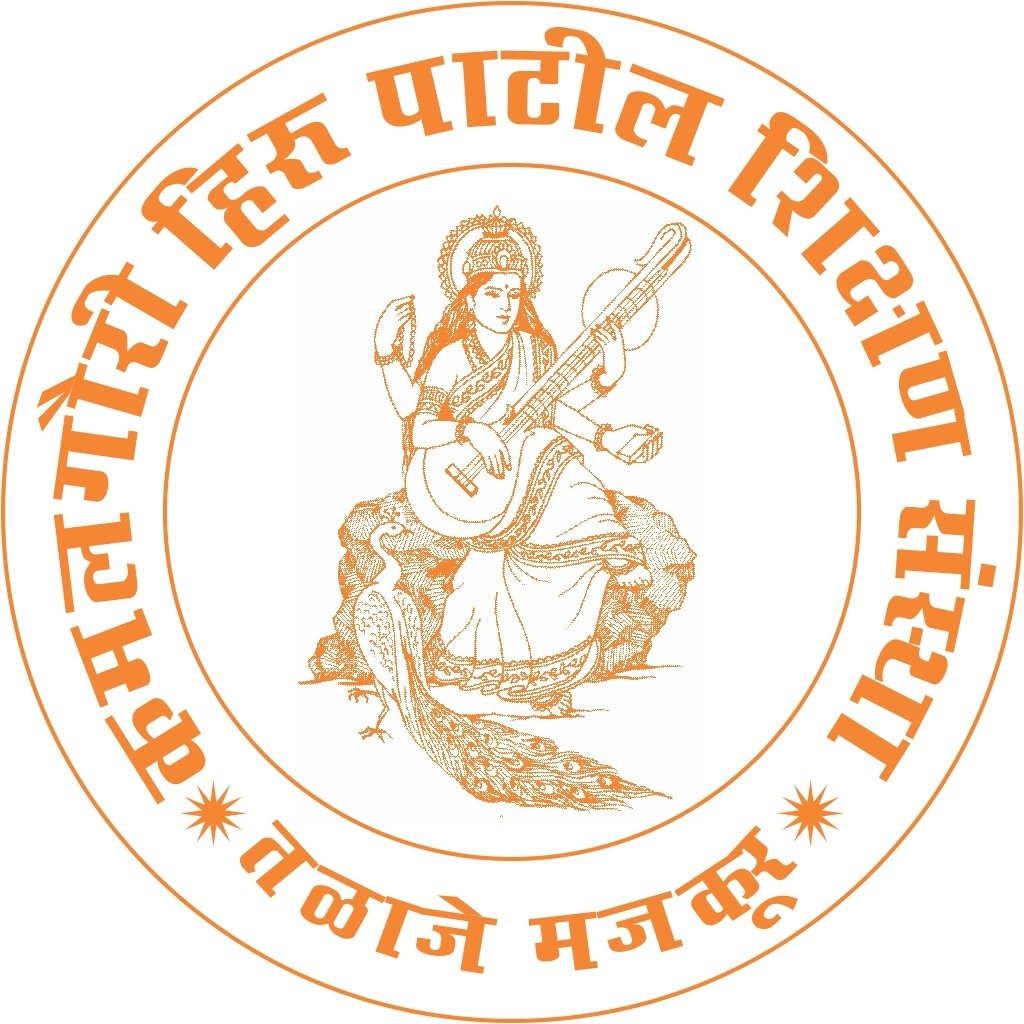Pharmaceutics is the overall process of developing a new chemical entity into an approved therapy that is safe and effective in treating or preventing disease. It is a complex process requiring multiple scientific, medical, legal, commercial, and regulatory expertise
The Department of Pharmaceutics is committed to create highly trained, versatile, ethical professionals needed for providing quality medicines for health care services.
To get recognized as a top-tier education and research center in pharmaceutics through innovative approaches in teaching, training, and research.

Pharmaceutical (medicinal) chemistry is concerned with the design (drug design) and synthesis of biologically active molecules. The aim is to gain new chemical molecules that could enable the discovery of new pharmaceuticals or optimize already known drug structures, thereby to expand the portfolio of chemical drugs. the term pharmaceutical (medicinal) chemistry appeared first in the literature shortly after WW II. During the development of molecular pharmacology, it was possible to express the biological activity of any chemical compound by means of quantifiable molecular properties (e.g. IC50, EC50, pA2).
To create competent chemists & analysts through innovative ideas, recent concepts & trends in the field of pharmaceutical chemistry.
To inculcate training & research attitude in students & faculty by providing academic ambience in area of synthetic & analytical chemistry.

Pharmacology is the branch of medicine and biology concerned with the study of drug action, where a drug can be broadly defined as any man-made, natural, or endogenous (within the body) molecule which exerts a biochemical and/or physiological effect on the cell, tissue, organ, or organism. This department helps to evaluate the drugs by using animal experimentation which may helps to adjust the doses of drugs in humans as well as to know the toxicities of the drugs.
To become paragon in the discipline of pharmacology by providing updated knowledge and skills to cater needs of upcoming areas.
To expand the horizons of knowledge and skills through evidence-based teaching and outstanding scientific research in pharmacology.

Pharmacognosy is the study of medicines derived from natural sources. The study of crude drugs under this department provides the knowledge the natural plant & animal drugs along with active constituents present. The knowledge of pharmacognosy is useful in production of spices, cereals, papers, fabrics, paints & also bakery products. Indian has rich heritage of large number of medicinal plants which have been used for various medicinal purposes from many centuries.
This pharmacognosy study helps to understand identification, extraction, purification, standardization & formulation of drugs & also to find out adulteration in drugs.
To explore the potential of natural resources as pharmaceuticals , nutraceuticals & cosmeceuticals.
To establish a unique platform for developing modern dosage forms by utilizing constituents from natural sources through innovative teaching, research and training.

All Rights Reserved. © 2025 Sadguru Vamanbaba Commerce And Science College Design By Creative Globe
